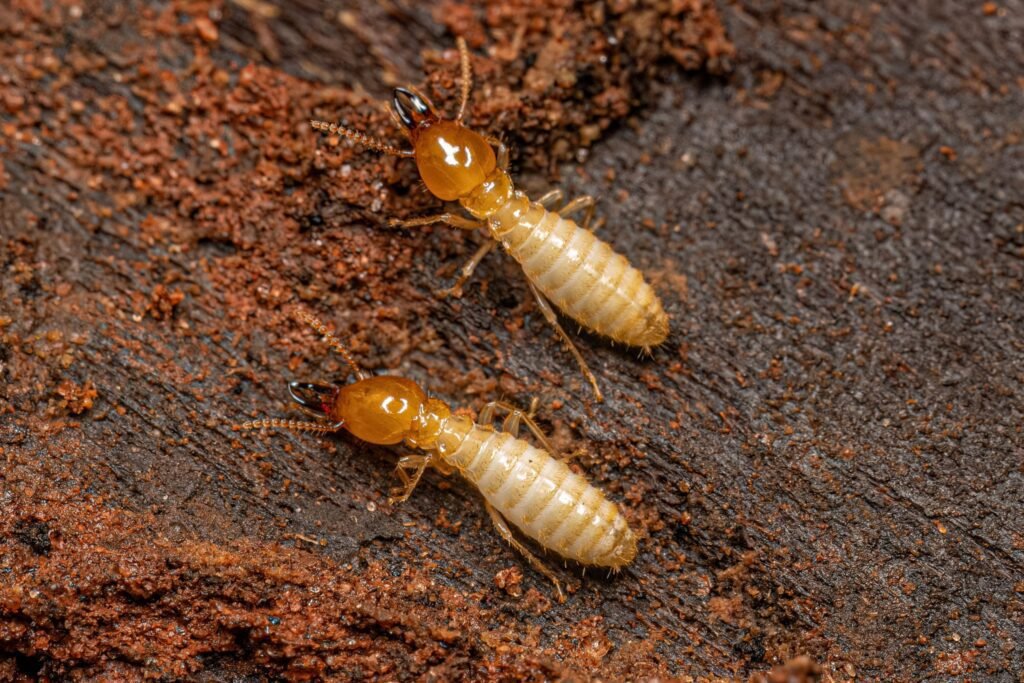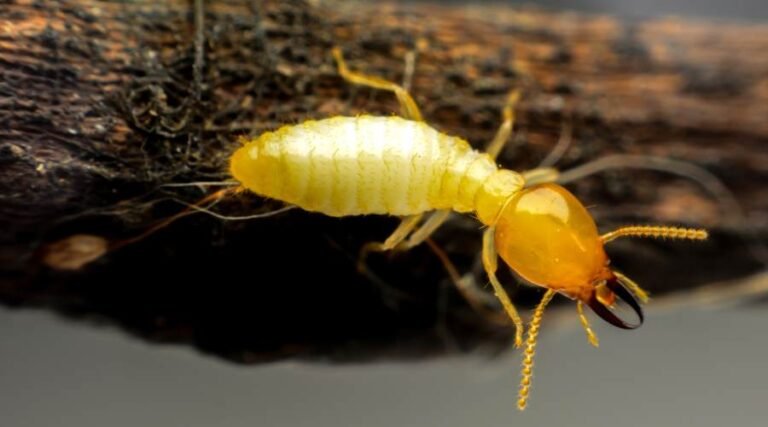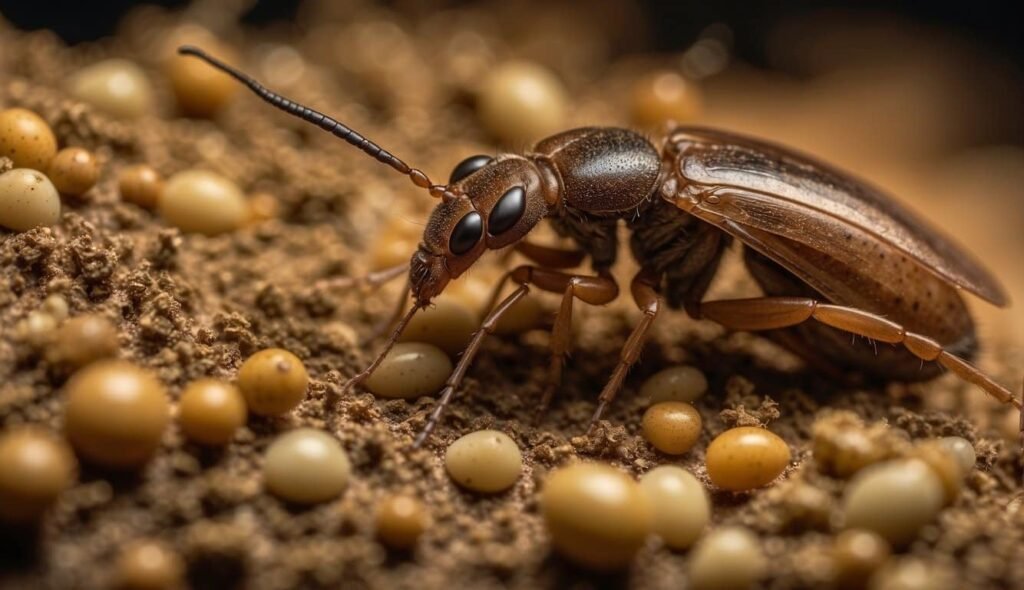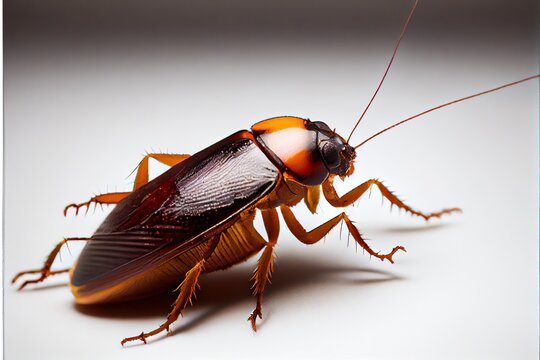Table of Contents
ToggleAnts Control

Honey Bees Control

Rats & mice Control

Mosquitoes Control

Bed Bug Control
First of all,
Termites are well-known pests that, if ignored, can seriously harm buildings and homes. Termites are a serious hazard to property owners and homeowners alike because of their ability to silently consume wood and other cellulose materials. We’ll examine a variety of termite control techniques in this in-depth guide, including DIY projects, natural remedies, and professional treatments. Knowing how to treat termites effectively is crucial for safeguarding your investment and giving you piece of mind, whether you’re trying to prevent or deal with an existing infestation.

Understanding Termites:
Termites are social insects that are members of the Isoptera order. There are three primary species of termites: dampwood, drywood, and subterranean termites. Although each variety differs in appearance and behavior, they are all drawn to items high in cellulose, such cardboard, paper, and wood. Termites are omnivores that live in colonies of workers, soldiers, and reproductive individuals that can number in the several hundred to several million range.

Termite Control Near Me:
One of the first things to do when you discover you have a termite infestation is to look for termite control services nearby. Termite control specialists in your area can evaluate the amount of the infestation and suggest the best course of action. Consider taking the following actions to locate termite control near you:
1.Research: To locate termite control businesses in your area, use online directories and search engines. Seek out businesses who have received great feedback and ratings from pleased clients.
2. Request Recommendations: Speak with friends, relatives, and neighbors who have already dealt with termite issues. Request references and recommendations for respectable termite control businesses they have worked with.
3. Get in Touch with Several Companies: After you’ve compiled a list of possible termite treatment providers, get in touch with them to find out more about their offerings, costs, and availability. Make sure to enquire about any guarantees or warranties they may provide, as well as their experience dealing with termites.
Termites are well-known pests that, if ignored, can seriously harm buildings and homes. Termites are a serious hazard to property owners and homeowners alike because of their ability to silently consume wood and other cellulose materials. We’ll examine a variety of termite control techniques in this in-depth guide, including DIY projects, natural remedies, and professional treatments. Knowing how to treat termites effectively is crucial for safeguarding your investment and giving you piece of mind, whether you’re trying to prevent or deal with an existing infestation.
Termite Control in Fort Worth:
Because subterranean termites are so common in the area, termite management is extremely crucial for homeowners in Fort Worth, Texas. The most damaging termite species in the US is the subterranean variety, which damages property to the tune of billions of dollars annually. Take into account the following tactics for efficient termite control in Fort Worth:
1. Preventive Treatments: Install termite barriers, keep good drainage around the foundation, and keep firewood and mulch away from the house as preventive steps to safeguard your property from termite infestations.
2. Frequent Inspections: To identify early indicators of termite activity and stop infestations from spreading, schedule routine termite inspections with a licensed pest control expert.
3. Treatment Options: Look into termite control treatments include fumigation, bait stations, and liquid termiticides. To find the best treatment plan for your property, speak with a termite control specialist.
Natural Termite Control:
In comparison to chemical treatments, natural methods of termite control may be a safer option for ecologically conscious homes. Consider the following natural termite management techniques:
1. Nematodes: Tiny worms called beneficial nematodes consume termites and other pests. Nematodes can be added to the soil surrounding your house to help control termite populations without endangering plants or beneficial insects.
2. Diatomaceous Earth: Diatomaceous earth is a naturally occurring material with abrasive qualities that is made of fossilized diatoms. You may help keep termites and other crawling insects away from your home by sprinkling diatomaceous earth around its perimeter.
3. Essential Oils: Termites can be repelled or killed by some essential oils, which include neem, orange, and tea tree oils. After dilution with water, mist the essential oils on termite-prone areas.
DIY Termite Control:
Although serious infestations frequently require the services of a professional termite treatment company, homeowners can attempt some do-it-yourself solutions to handle smaller termite issues. Here are a few do-it-yourself termite control ideas:
1.Remove Wood Debris: Get rid of any wood debris, dead trees, and stumps from your property since they can draw termites and serve as nesting sites for infestations.
2. Address Moisture Issues: To lower the amount of moisture in and around your home, fix leaks, address plumbing issues, and enhance ventilation. Reducing moisture can aid in termite deterrent since termites are drawn to moist, humid conditions.
3.Watch for Termite Activity: Be on the lookout for termite activity by looking for things like mud tubes, swarmers, and harmed wood. Check for termite activity on a regular basis in crawl spaces, basements, and wooden structures.
4. Use Borax: Sodium borate, also known as borax, is a naturally occurring mineral that works well against termites. To make a termite-killing treatment, combine borax and water, then apply the mixture to the affected areas.
In summary:
Termites are a persistent pest that, if ignored, can seriously harm buildings and homes. Through comprehension of efficacious termite control tactics, encompassing expert treatments, organic ways, and do-it-yourself techniques, homeowners may safeguard their properties against termite infestations and curtail the potential for harm. Maintaining a safe and structurally sound house requires proactive termite control measures, whether you’re dealing with a current termite problem or trying to prevent one. With the correct information and resources, you and your family may successfully combat termites and live in peace.






